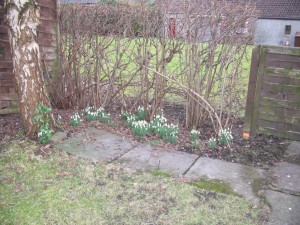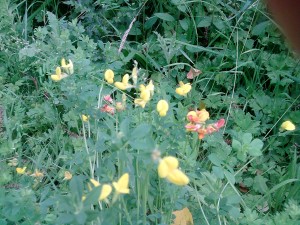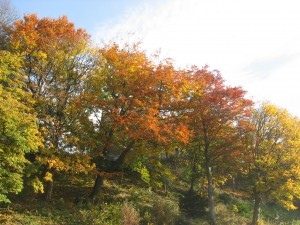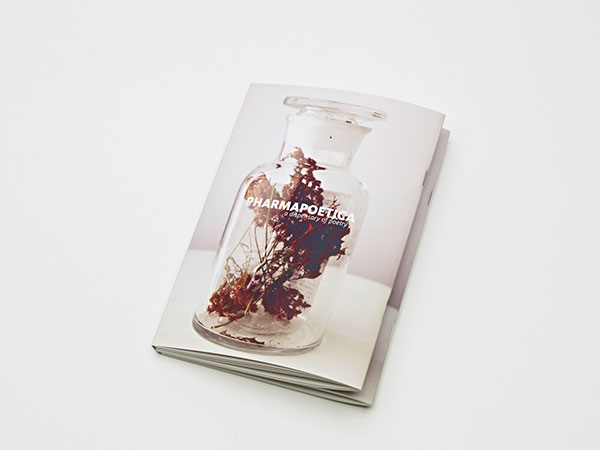 You can just see the snowdrops coming out in the garden, and there is a blink of yellow in the witch hazel buds, though I think it will take another week of warm weather for them to develop. And according to the forecast, we’re not getting that any time soon. So I have been thinking a bit about the more theoretical and poetic aspects of the herb project.
You can just see the snowdrops coming out in the garden, and there is a blink of yellow in the witch hazel buds, though I think it will take another week of warm weather for them to develop. And according to the forecast, we’re not getting that any time soon. So I have been thinking a bit about the more theoretical and poetic aspects of the herb project.
The eleventh design principle of permaculture is to ‘use edges and value diversity’ – you can find the rest here if you’d like to follow them up. The reason is that where two sectors overlap, the border region shares characteristics of both, and can support more (species, ideas, artforms, activities) than either sector by itself. Permaculture design in landscape tends to create a lot of margins, most notably in the iconic herb spiral, specifically to maximise the different crops which can be grown in a small space.
Herbs are a great example of being on the edge. Herbs touch borders on a practical level with cooking, fabric crafts, housekeeping, medicine, magic, animal husbandry, but also culturally with values of simplicity, authentic living, connection with nature, feminism, healing, spirituality, value for the senses and the body, recovery of one’s personal identity, resistance, repentance, wildness, renewal. There’s a lot of potential in herbs, for all sorts of reasons. I’m going for a dander along the edges of the garden, the roadside, the riverbank – and the uncanonical margins of the poetry world.
Now here I have to admit that I have been somewhat seduced by language. The headline of this post is a coincidental resemblance I’ve had in my head for some years, and it may be spurious. I was thinking of borderland country, marginal, a bit precarious, but which is charcterised by a wealth of flowering plants, and surprising survivals – black bees on the machair of Coll, or the French resistance, that sort of thing. But the maquis isn’t the fragrant hillside, full of bees and lavender and sage and hyssop. That’s the garrigue. And the mearc is a more political thing – the badlands where law doesn’t run, and monsters may lurk among the outlaws. The British equivalent of the machair is the hedgerow, with its associations with foraged herbs, sloes and blackberries, and also the hedge witch, the hedge school, the tramps and vagabonds. But all of these borderland places have surprising riches and revelations. They are places that should be cherished wisely.





